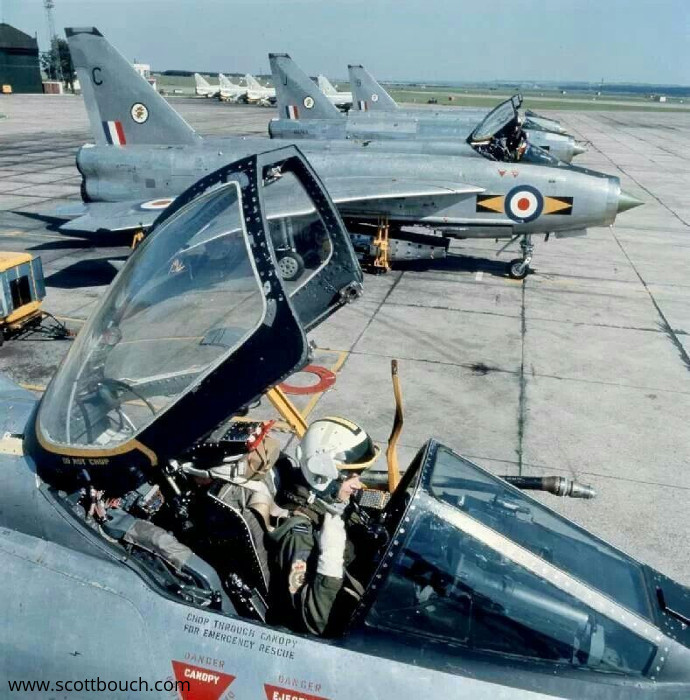British Mk2A Aircrew Flying Helmet
The Mk2 and Mk2A helmets are almost identical to each other. The A suffix signifies a minor modification to the visor pivot mechanism.
RAF / RN Resources
AP 108F-0202-12, (Ammendment No 32 (final ammendment), July 1988)
this ammendment calls for the manual to become obsolete, which may indicate when the last of the Mk2 / 2A helmets left service.
Quote:
HELMETS FLYING PROTECTIVE (ONE PIECE) MK 2 AND MK 2A
This publication has been declared obsolete and should be destroyed.
If, for any reason, it is desired to retain this publication, the title page should be plainly marked 'OBSOLETE' and this leaf inserted in the front of the book.
Variations
Visor Activation Bars
Two styles of yellow bar can be seen, one with a round shape and two trinagular section lumps cast into it, the other without lumps, but a squarer overall shape. I am yet to discover which preceeded the other.
Visor Covers
Early Mk2/2A helmets were issued with a vacuum formed plastic visor cover to potect the visor from scratches. These were originally screwrd to the helmet shell using three pan had screws.
At some point it was realised that these visor covers posed a hazard to the aircrew, as tehy acted as an air-scoop during ejection, which cold be bad news for the unfortunate aircrew ejecting. So, these screws were replaced with plastic rivets that would give-way if the visor cover got caught by a wind blast.
Eventually the Mk2/2A's would have the plastic visor cover completely dispensed of. Some Mk2/2A are to be seen with a Mk3 style fabric visor cover in use, but many with no cover at all.
Zig-Zag stitching
Early Mk2/2A helmets had no zig-zag stitching around the edge bead of the helmet, this appears to have been a modification added to the Mk2/2A helmet designation later on in service life. The pre-modification helmets' edge beading was just glued in place, and with time would eventually come adrift.
The introduction of stitching it to the helmet shell via two rows of drilled holes gave it much better longevity. This zig-zag stitching would stay with British helmets right through to the Mk4's.
Service Images
Lightning F6 11 Sqn, Mid to Late 70's
This Lightning F6 pilot is wearing a squadron marked Mk2/2A helmet, which has neither plastic, nor fabric visor covers, but has the squarer activation bar.
I have dated this image mid to late 70's due to the green coveralls and life preserver, but also the ground equipment (ladder and Houchin gruond generator) are still yellow, which eventually became green too.
